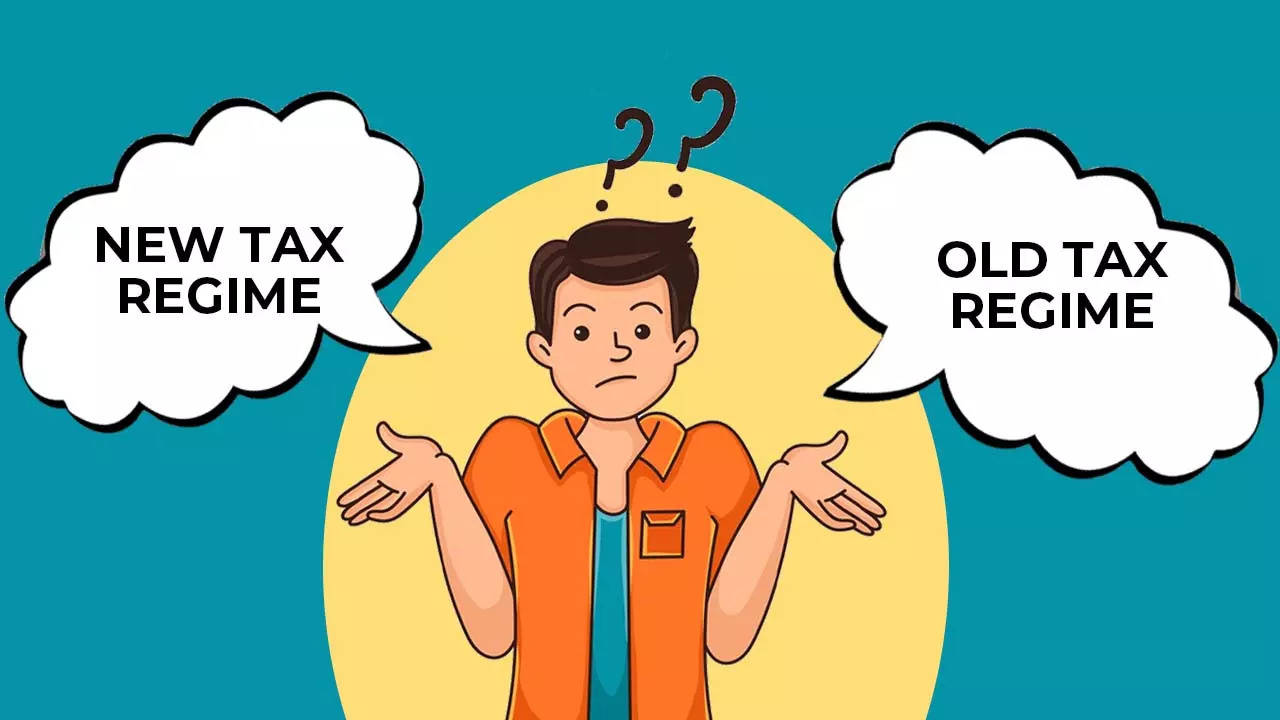The MediaOne judgment was a blow to the unjustified restriction of freedom of expression and the right to objection and criticism. However, just a day later, the Department of I&B issued a notice dated April 6, 2023 notifying the IT (Guidelines for Intermediaries and Code of Ethics for Digital Media), Amendment, 2023.
There may essentially be several Fact Checking Units (FCUs) which may be established by notices in the Department of I&B Gazette to look for false or misleading information relating to Union Government business, under amended Rule 3(b). (v) the IT Regulations, 2021.
An objection to the current amendments was lodged with the Bombay High Court, with the court requiring an affidavit from the centre. But what do these changes mean for freedom of expression and press censorship?
The Safe Harbor Clause 79 of the IT Act 2000 protects social media intermediaries (SMIs) from any liability for the actions of third parties. The current amendment waters down this protection by removing the immunity when it does not affect the content in question.
If an intermediary fails to remove inaccurate content or to moderate online content on its platform, it risks losing immunity from third-party liability hosted on its platform.
There is a possibility that intermediaries could be held liable for the content shared by their users. They would tend to be more cautious and restrictive about moderating content, removing any content that could potentially be considered controversial or even remotely related to government business.
This could result in SMIs being reluctant to display or allow such content. Therefore, any information released by media or independent journalists that is considered controversial has a higher risk of being taken down and the user account banned, especially if it relates to the government.
The recent change not only raises concerns about its possible impact on freedom of expression online, but also raises relevant legal questions. Section 69A of the IT Act 2000 sets out the legal framework for the government to block access to online content in certain circumstances, subject to specific conditions provided for in the landmark Shreya Singhal judgment. The court emphasized the importance of complying with Section 69A legal requirements before issuing lockdown orders under the Act.
The need to provide reasonableness in any process that restricts press freedom was upheld in Media One’s ruling, in which the court found that “the core of the principles of natural justice instills reasonableness in the process.” However, such an adequacy requirement is not met by the amendment in question. According to the statement released by the Internet Freedom Foundation, establishing a fact-checking unit under executive branch control is contrary to the principles of natural justice.
The recent change can bypass these legal guarantees of natural justice and give the entity full authority to issue shutdown orders to social agencies
Media platforms and other intermediaries on the internet when they are wrong
or misleading, according to the responsible ministry.
This could result in arbitrary and excessive censorship of online content without any redress for the users or intermediaries concerned. It is important that all efforts to curb “fake news” and misinformation are conducted within the limited restrictions imposed by Article 19(2) of the Constitution.
The framework of existing laws under IT Rules is hasty and ill-considered, which could seriously violate freedom of expression and censor online content in ways those in power see fit.
Investigative journalism remains fundamentally important in verifying the veracity of information disseminated by government and other sources. Any investigative report by an independent journalist or media organization such as The Wire’s Pegasus report would be scrutinized by intermediaries who would tend to block such content and remove it from their domain for taking the opposite stance to that of the government.
This would eventually have a reverse effect, discouraging journalists and publishers from publishing anything remotely controversial or scrutinizing the government. This would undoubtedly have a negative impact on news outlets, news or current affairs publishers, and digital news sites such as The Print and The Wire.
In such a scenario, the power of content censorship is used by the government to silence critics and independent journalism by labeling such content as “false, fake, or misleading information,” which is itself overt
to a subjective and biased interpretation of the FCU thus formed under the Ministry.
We need to recognize the potential dangers that arise when the government gives the authority to determine what is ‘true’ or ‘false’ about the FCUs formed under IT regulations. Comparing the situation today with the Nazi era, Joseph Goebbels, who headed the Ministry of Propaganda in Nazi Germany, effectively controlled the content of press literature material, visual arts and films, through which the propagandistic ideas were constructed that it wanted the truth to be in the eyes of the Germans with Help of the secret police and Reich propaganda officials.
In the same way, the authorized FCUs have unlimited powers with no safeguards or remedial action for users overseeing SMIs to check for false information and censor such content.
These bodies could become the Goebbels of the present unless due restrictions are consistently provided in the exercise of their powers and grievances on such matters blocked by the FCU are not referred to an independent decision-making body other than the already formed inter-ministerial committee MoI&B under the current ones Rules.
(The authors are students of National Law University, Jodhpur)

“Incurable gamer. Infuriatingly humble coffee specialist. Professional music advocate.”







